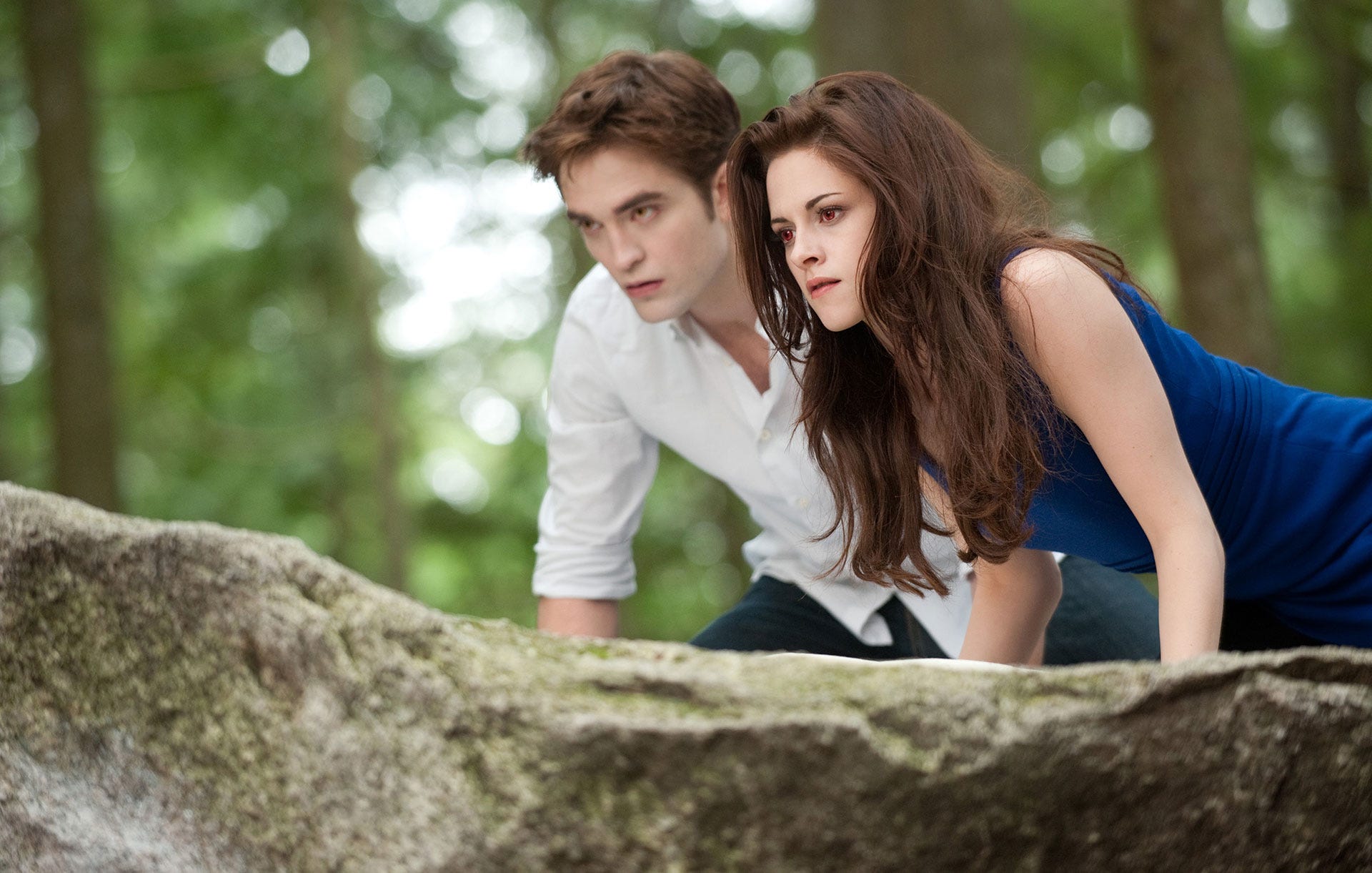
The Enduring Legacy of "Twilight" and Its Impact on Vampire Lore
Vampires have been a staple of literature and popular culture for centuries, with iconic figures like Dracula, Nosferatu, and Carmilla capturing the imagination of readers. These ageless creatures have long fascinated us with their mix of terror and allure. However, one particular series that has left an indelible mark on the genre is Stephenie Meyer’s Twilight, which was first published in October 2005. This paranormal romance series quickly became a phenomenon, especially among young adults, and its influence continues to resonate today.
The Twilight saga, featuring Edward Cullen, Bella Swan, and the other members of the Cullen family, introduced a new kind of vampire—one that was not only immortal but also sparkly, emotionally complex, and deeply entwined in a romantic narrative. The film adaptations, starring Kristen Stewart, Robert Pattinson, and Taylor Lautner, further amplified the cultural impact of the story, sparking debates about whether the series had redefined or even "ruined" the vampire genre.
Did "Twilight" Ruin the Vampire Genre?
Robert Pattinson, who played Edward Cullen, has spoken about how he still faces criticism for his role in the series. He once said, “I love that people keep telling me, 'Man, 'Twilight' ruined the vampire genre.'" But the question remains: did it truly do so? According to Ashley Schumacher, author of Say It Out Loud, a book inspired by Twilight, the answer isn’t straightforward. She argues that the vampire genre has always been a bit ridiculous, and Twilight didn’t destroy it—it simply brought a new perspective to the table.
Schumacher points out that while some fans were turned off by the romantic focus and the idea of a 100-year-old vampire being in love with a high schooler, the series also opened up new conversations about relationships, identity, and power dynamics. In fact, she suggests that even Jane Austen would have appreciated Twilight if she had lived in the modern era.
Vampires as a Reflection of Society
According to Karen Winstead, an English professor at Ohio State University, vampires serve as a powerful metaphor for exploring societal fears, desires, and anxieties. They allow us to engage with difficult topics—such as abuse, racism, and homophobia—in a way that feels both entertaining and thought-provoking. Twilight was no exception, offering a story that resonated with many readers, particularly young women.
The series also marked a shift in the representation of female protagonists in young adult fiction. Instead of being victims or side characters, the young female leads in Twilight took center stage, becoming heroes in their own right. This empowerment extended beyond the page, influencing a new wave of paranormal fiction that continues to thrive today.
Expanding the Vampire Canon
The success of Twilight paved the way for more diverse and inclusive representations of vampires in literature. Authors like Tigest Girma, whose 2024 novel Immortal Dark features Black vampires, have drawn inspiration from the series while challenging traditional stereotypes. Girma’s work reimagines vampire lore, incorporating elements of native mythology and creating a world where vampires are not just white, but also multifaceted and culturally rich.
Similarly, queer representation in vampire fiction has grown significantly. Books like Dead & Breakfast by Kat Hillis and Rosiee Thor explore the intersection of queerness and vampirism, making the subtext of earlier works the text itself. As author Annie Summerlee notes, Twilight helped create space for LGBTQ+ narratives within the genre, allowing for more authentic and diverse storytelling.
The Sparkle That Lasted
Despite its flaws, Twilight remains a cultural touchstone that has influenced generations of readers and writers. Its legacy can be seen in the continued popularity of paranormal romance, the rise of fan fiction, and the expansion of vampire lore into new realms. Whether through the sparkly Cullens or the queer, multicultural vampires of today, the genre has evolved in ways that might never have happened without the initial spark of Twilight.
As the original generation of Twihards grows older, they continue to engage with the series in new ways, revisiting the stories that defined their youth. For many, Twilight wasn’t just a book—it was a part of their journey, a reflection of their struggles, and a source of inspiration for the future. And as the vampire genre continues to evolve, one thing is clear: the sparkle of Twilight will never fade.

Post a Comment